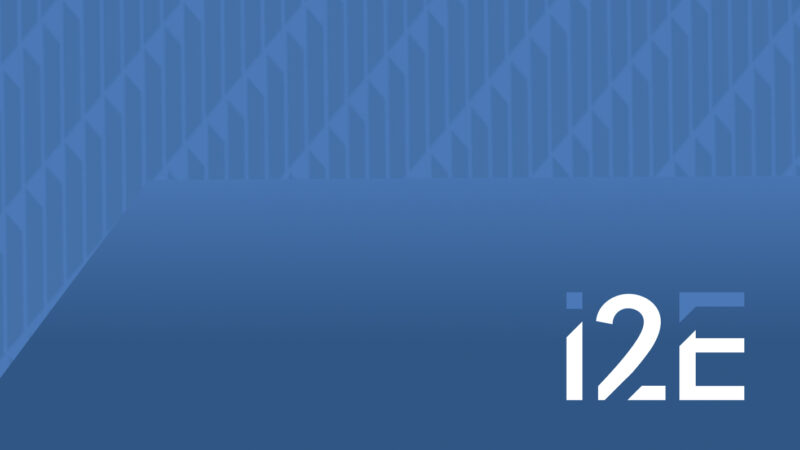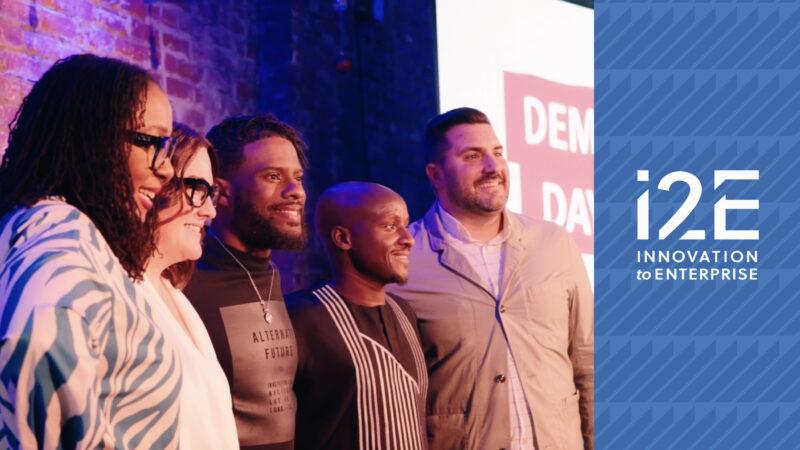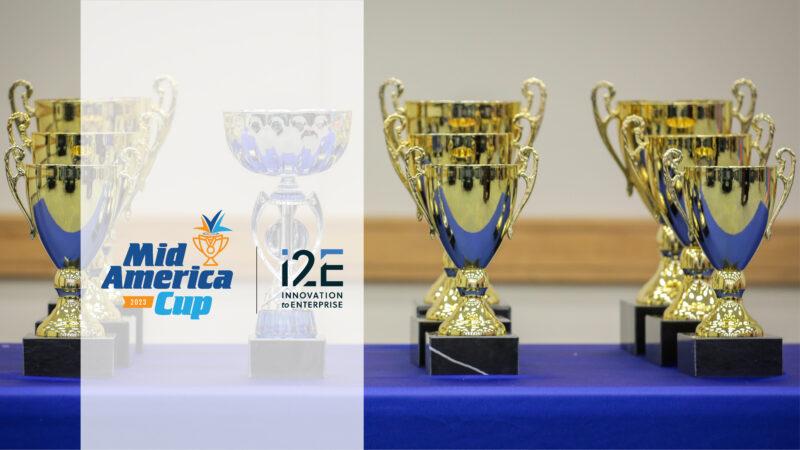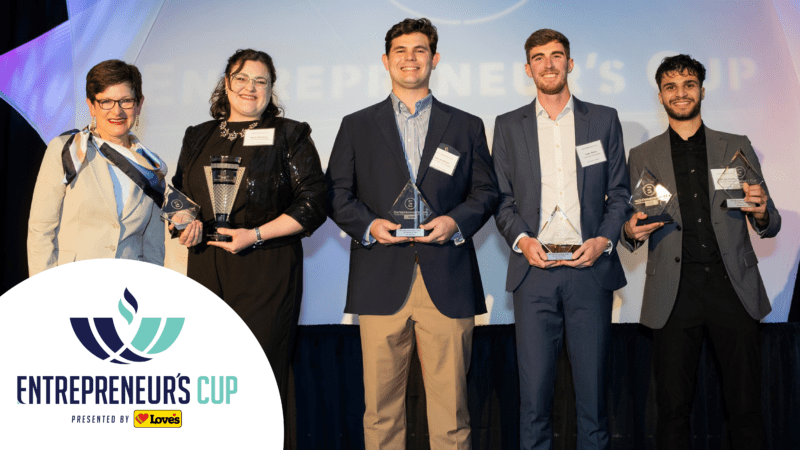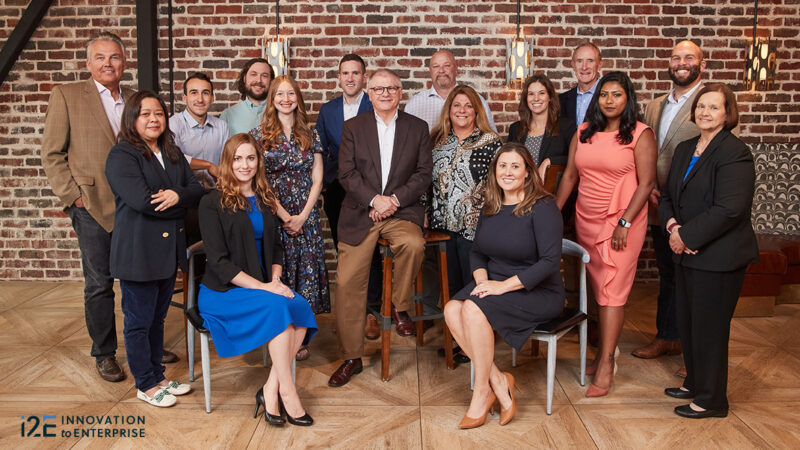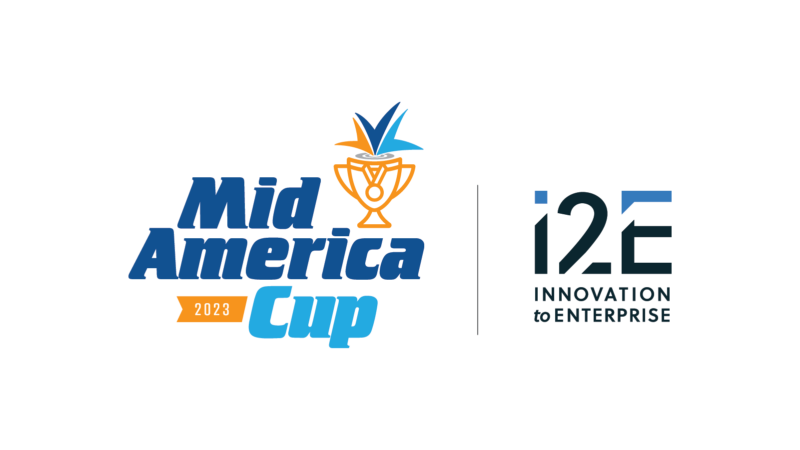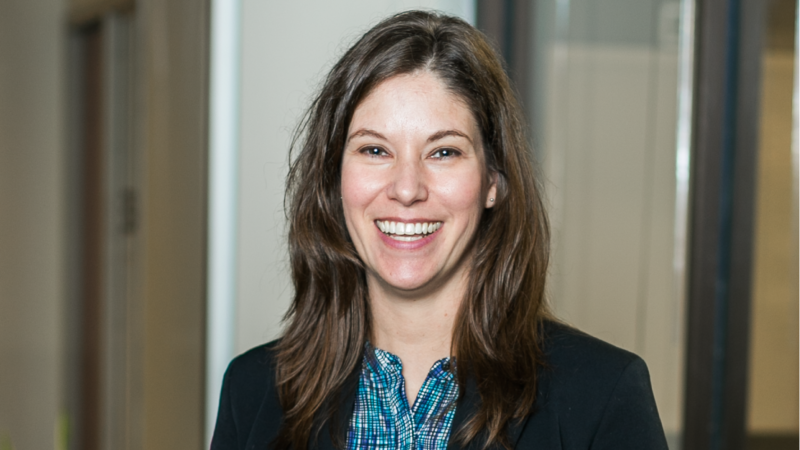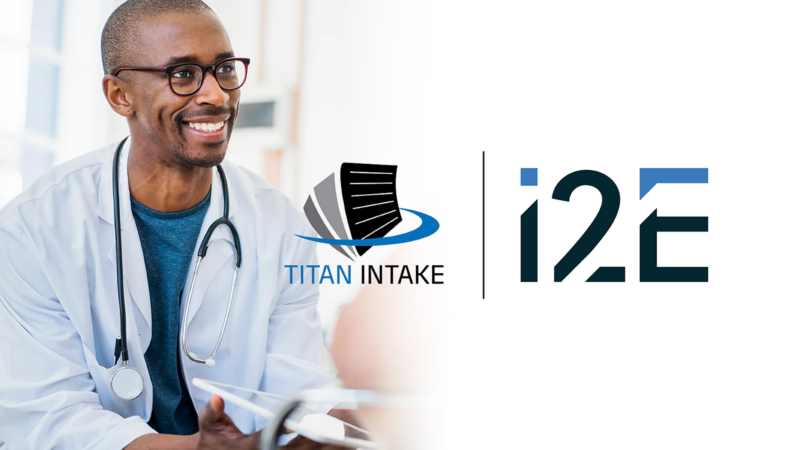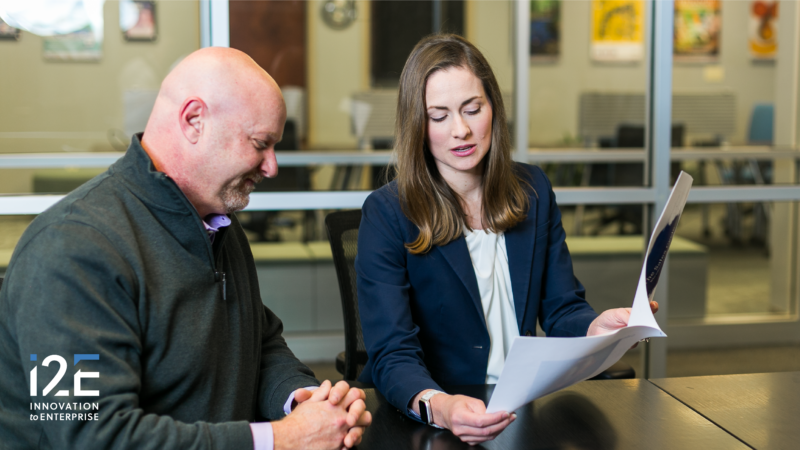I spent four days in Chicago last week tracking about 70 other Oklahomans at the OKBio exhibition booth at the 2013 BIO International Convention. I was there to report on what the Oklahomans were up to as far as pitching the state as a promising location for biotech startups or connecting with potential business and research partners.
So, I hit a lot of people up with the same question: why did they go to the time and expense of attending the BIO show when it appears to an outsider like me there is little chance of an immediate payoff in terms of funding, partners or customers.
I reported some of what I heard in a series of daily articles published in The Oklahoman. But when I returned to Oklahoma, I had some really interesting perspective from Dr. Craig Shimasaki still in my notebook that I am sharing in this blog post.
 A serial entrepreneur who has attended the BIO show for more than a decade, Dr. Shimasaki currently is CEO of Oklahoma City-based Moleculera Labs, which has developed a series of tests for a condition known as PANDAS, a neurological condition along the autism spectrum that affects children.
A serial entrepreneur who has attended the BIO show for more than a decade, Dr. Shimasaki currently is CEO of Oklahoma City-based Moleculera Labs, which has developed a series of tests for a condition known as PANDAS, a neurological condition along the autism spectrum that affects children.
I saw Dr. Shimasaki several times throughout the week and caught up with him at the OKBio booth to gain some insight into why he was there. He made the most of the show, signing copies of his book “The Business of Bioscience” for would-be entrepreneurs at the BIO bookstore and meeting with potential partners and investors right up to the convention’s closing at noon on Thursday.
Here is Dr. Shimasaki’s response when I asked him why he attended the BIO show. He gave me three reasons for being in Chicago:
“One, certainly to meet other companies and individuals that can help our company, Moleculera Labs, grow, expand and partner to improve and grow the success of the company.
“Second is to support bioscience community in the state of Oklahoma and represent it to the world. We have some high quality, top notch biotechnology in the state of Oklahoma.
“The third reason is to learn other technologies by attending some of these sessions and listening to what is going on in other fields and areas of biotechnology so that you are doing things that are concurrent with things that are going on in the world. Otherwise, you are using old practices.
“You make sure you are aware of what best practices are in the world to ensure you don’t use outdated practices and modes that have changed since you have been aware of them.
“You are comparing and looking at yourself and your own company. Is what you are doing novel, desired, important enough that others would want to partner, buy or purchase your product, or are other people already doing it and way past what you are doing? If they are, how do you retool what you are doing so that you are ahead of them? I think without this type of exposure you never even know.”
By the way, the BIO bookstore that operated during the show sold every copy of Dr. Shimasaki’s book. He’s writing a second book expected to be published in 2014.
QUICK RETURNS: Mike Moradi, CEO of Oklahoma City’s Sensulin is proof that some BIO Convention connections pay off sooner rather than later. As a serial entrepreneur, Moradi is a long-time participant of the OKBio effort at the annual trade show.
“Last year I ended up getting an investor out of this,” Moradi told me. “I met him for 30 minutes in this partnering forum and he became an investor.”
This year, Moradi scheduled 20 partnering meetings throughout the week. He was even meeting with a potential partner at the OKBio booth as the show closed at noon on Thursday.
